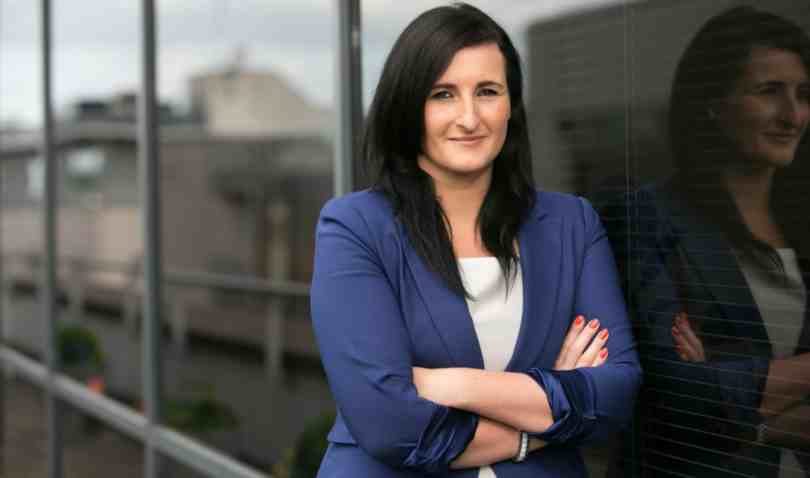More than a third of businesses in Northern Ireland believe that their trading and profitability levels will not return to pre-Covid levels “until 2022 or beyond”, with more than half concerned or very concerned about the next year.
Responses to a survey by Duff & Phelps and Trade NI also indicated that almost half of firms in the retail, hospitality and manufacturing sectors expect to shed employees in the next year and two-thirds expect turnover to be lower.
Just 12% predicted that their turnover would be higher this time next year and almost a quarter (23%) estimated that it would remain ‘similar’. Of those suggesting that their turnover would reduce over the coming year, 26% said it would be ‘up to 25% lower’, whilst 25% said it would be ‘up to 50%’ lower and 12% claimed it would be ‘more than 50% lower’.
The 48% that expect headcount to fall broke down as follows: 25% predicted that it would be ‘up to 25% lower’, with 17% saying ‘up to 50% lower’ and 6% ‘more than 50%’ lower. Only 9% of respondents said their headcount would be higher, with 44% saying it would be ‘similar’.
Trade NI commented: “What comes across very clearly from the survey is the vital importance of the rates holiday and the need to extend it further from April 2021. If our economy is to stand any chance of recovery, further rates relief will be needed throughout next year to support our members as we rebuild our shattered economy.”
They were referring to the fact that the overwhelming response was in relation to rates, with three quarters (75%) of businesses saying they will rely on the rates relief scheme in the coming year.
Duff & Phelps managing director Anne O’Dwyer (pictured) added: “The survey findings are consistent with what we’ve been seeing in the market over the last six months, whereby businesses have been looking to avail of government support packages to help navigate Covid-related financial challenges. On our end, we have been assisting clients with landlord/tenant lease negotiations, refinancing debt terms with borrowers, working capital management, and seeking funding support.
“While it is challenging to forecast trade accurately over the short to medium term given the current flux in the market, having a clear picture of expected cash flows is essential. Trading projections can be flexed as the environment changes but highlighting potential funding gaps or cash constraints will assist businesses as they look to negotiate with stakeholders or apply for additional funding supports.”
Survey respondents also identified a range of other support initiatives they will rely on to help their businesses recover from Covid-19 in the coming year.
More than two-thirds of businesses, at 69%, will call upon government grants or loans, with 51% also relying on employee retention support. Two-fifths (41%) will seek to defer tax payments, while a quarter (26%) will seek bank lending and 37% will focus on marketing and promotional development activity.








